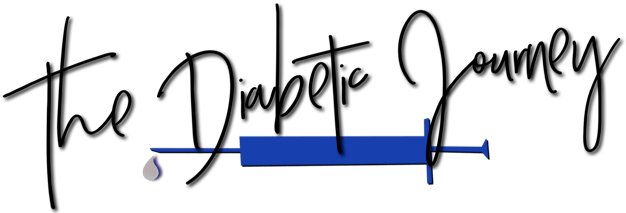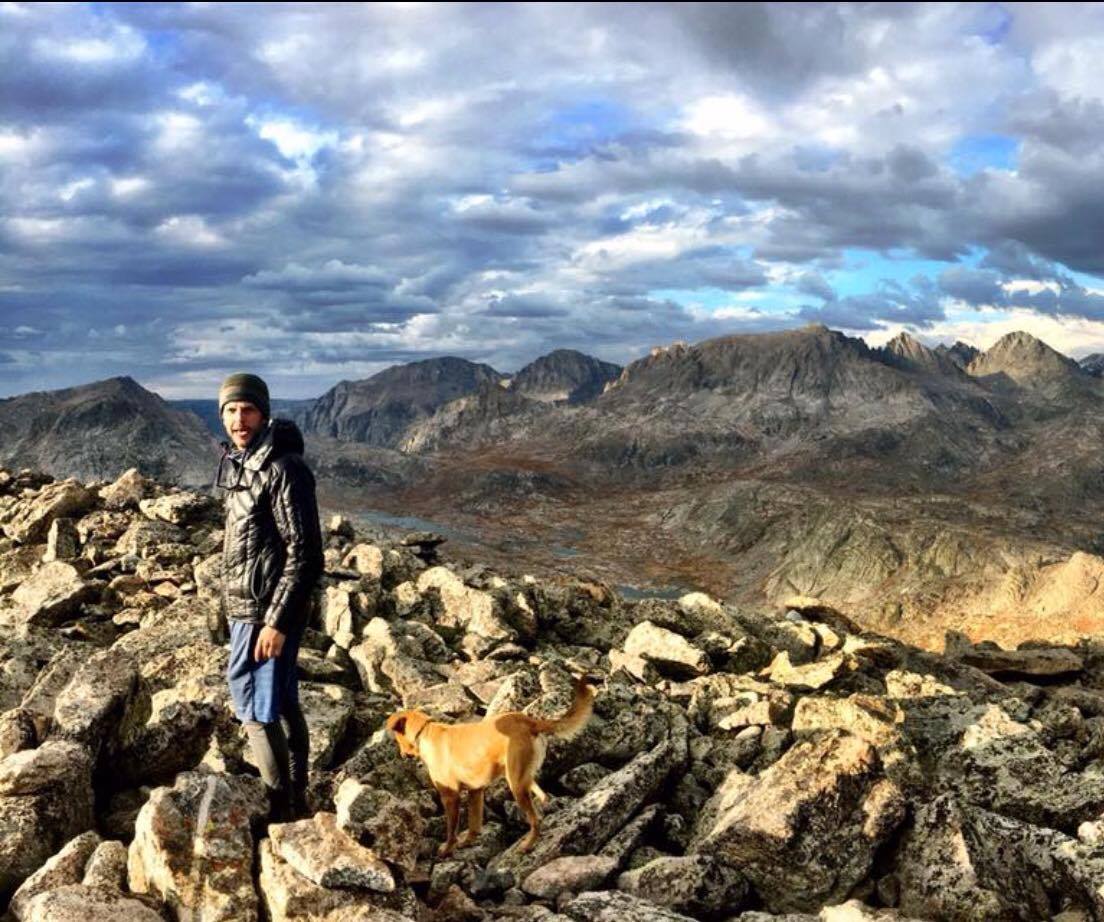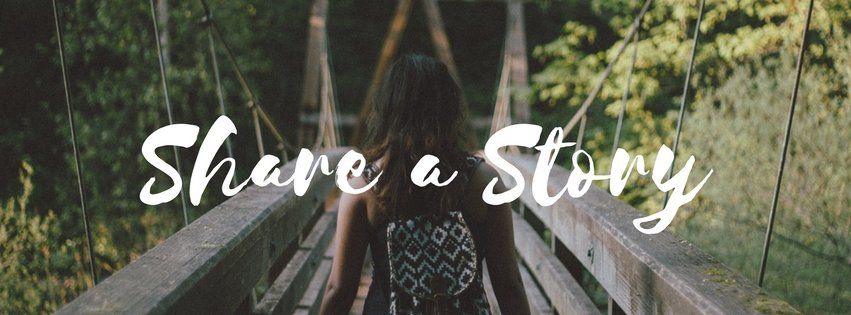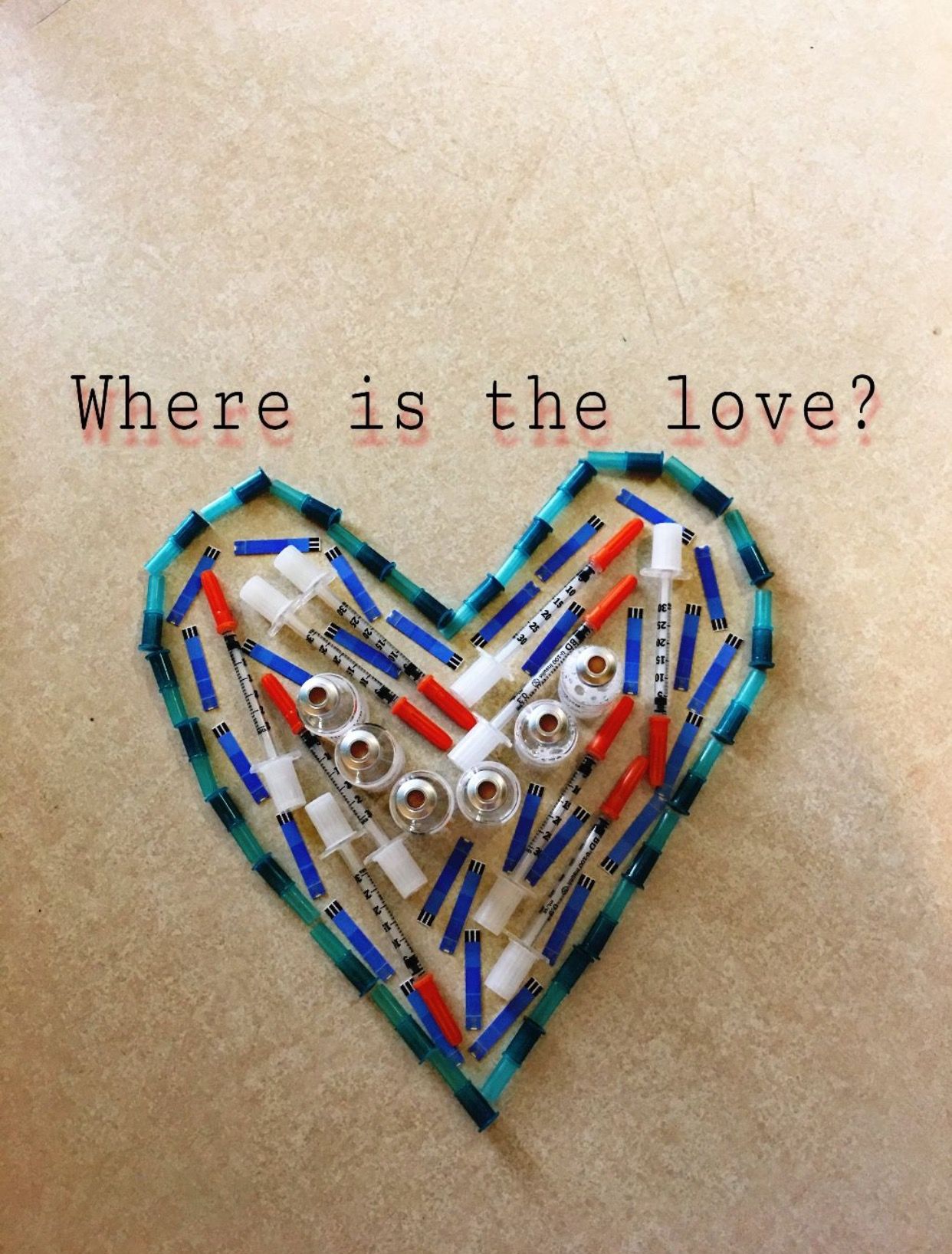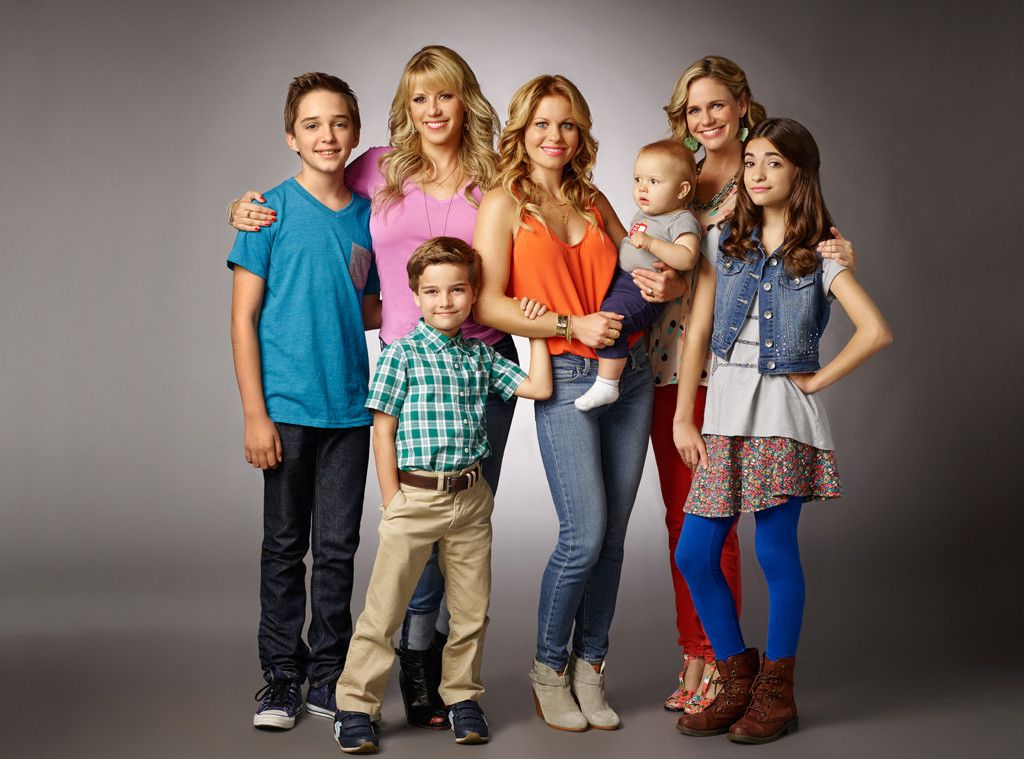We Are Dying For a Cure
By: Eddy Murphy
I’ve fought off writing about diabetes in an honest and truthful way for almost fifteen years. I guess it’s taken me that long to come out of a state of denial, becoming more intimate with it than anything I’ve ever been passionate about.
Perhaps my shame is what has gotten the best of me. I never wanted to admit that, by default, I was weaker than everyone else around me. It has taken me this long to realize that I’m stronger than everyone I know.
I’ve hazily confronted death more than fifty times, waking up in a hospital more than once, or coming to my senses watching my mother wince in pain, holding her belly, saying I inadvertently punched her in the gut while in the throes of a hypoglycemic seizure.
We were both soaked in orange juice turning sticky, when whatever sugar made its way into my bloodstream, brought me back from the brink of death. And because of times like these, it has been hard for me to accept my worth as a human being.
I hate drawing insulin out of a syringe, knowing it could be my last.
I hate doing my necessary rituals of survival in front of my friends, backpacking through the mountains of my heart, because, in the moment, everything else is beautiful.
I just want to revel in the earth that is my home, and then I have to confront this ugly thing, grab it by the horns and tell it I’m not going anywhere. Not now. I’m going to live this moment.
There’s this superficial feeling I get, where I am validating myself by taking type 1 diabetes on, thirty miles from nowhere while experiencing the most beautiful places I have ever been. As if I’m doing things most other people are afraid to do, while being at the mercy of the whims of an overpriced drug that I have to love and hate simultaneously. It is a feat to come out of every trip into the mountains unscathed, deflecting a scythe with a smile.
Before, I would have life-altering lows to bring me out of my denial. I would only check my sugars 3 or so times a day, not catching highs until way beyond their reign. And seldom would I realize I was two glucose tabs away from death, getting closely reacquainted with diabetes when my hands began to seize and I couldn’t speak. Thankfully, circumstances have worked in my favor all these years. Someone was there, or I caught the tail end of consciousness before things went too far down.
Now, I’m a man. A man who feels his age and more. I love a woman with every flame left in my soul. I am grateful that someone accepts me for all my shortcomings; more importantly, I am grateful that someone appreciates the enormity of my life’s battle. What a human thing it is to love. It is the music of the human experience and I get to embrace it after all these years of not feeling human anymore.
Consequentially, I feel the need to revel in every moment I spend with this beautiful person. My life has been an imitation of the real thing for fifteen years until now. Love knows no diseases. Because of this, I am even more angrier now than ever before about the ugly greed of the pharmaceutical companies, the FDA‘s lackadaisical approach to pushing forward a potential cure/cure’s, and the ignorance of the general public to the suffering of 1.2 million people who have been stripped of a future.
I mean this in every sense. 1.2 million people in this country could die at any moment, yet ‘with proper management could live a happy and fulfilling life’.
Because of the requirement of insulin and the perpetuity of type 1 diabetes, it is a cash cow for large pharmaceutical companies and doctors across the country. And if my life ends in tragedy, I can be blamed by citing “improper management”. At least they got their bag of silver, and will still do so as long as this disease remains with a cure and profitable.
So for now, my wallet is being squeezed dry, and I’m being forced to be grateful for just being alive. I have no assets. I will never be able to afford the land in Montana I want. In truth, I am living in what would amount to Great Depression standards of living. And the public doesn’t know or care because the majority of the media attention is given to type 2 diabetes.
No one gives heed to our deadly fight because diabetes as a whole is linked to laziness and poor diet.
In the meantime, all of our non-type 1 friends will continue to make jokes about us shooting up drugs and having too much sugar as a kid. Many in the support community are cute about type 1. “Christmas is a time to be grateful” and “T1D looks like me”. I am not sure if censorship helps the cause. Trying to make others aware of this dangerous disease by dodging the real tragedy of it is what has stunted any real instigation of progress in the type 1 activism culture. Victims cower in the corner, unsure of how to convince the general public of the need for a cure.
The last fifteen years I resigned my unworthiness to type 1 diabetes, and couldn’t fathom the heroics of what I did by walking through the mountains to improve my life. I couldn’t fathom my own significance in educating people about the injustices we face everyday, and the urgency of this moment.
